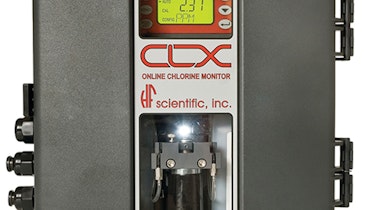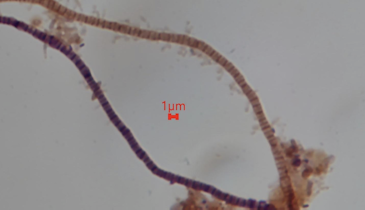
You want details taken care of, call Rick Garloff. Now an operator with Tidewater Utilities in the area of Rehoboth Beach, Del., Garloff was once an expert at fixing F-18 fighter planes in the Navy. A few years ago, he ironed out the new SCADA system his company was installing. ...








